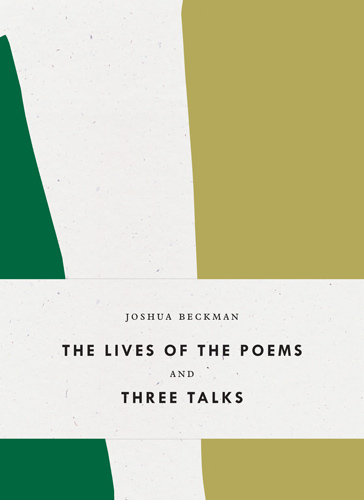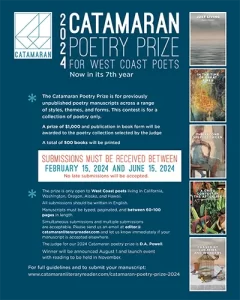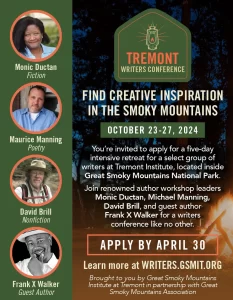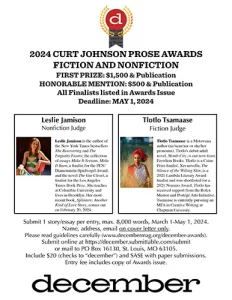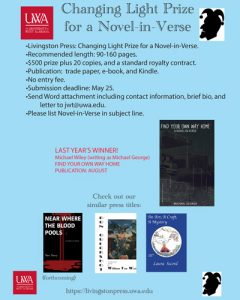The Lives of the Poems and Three Talks
Joshua Beckman, widely published writer, translator and editor-in-chief of Wave Books, inaugurates Wave’s Bagley Wright Lecture Series with his two-book set, The Lives of the Poems and Three Talks.
Joshua Beckman, widely published writer, translator and editor-in-chief of Wave Books, inaugurates Wave’s Bagley Wright Lecture Series with his two-book set, The Lives of the Poems and Three Talks.
He draws on poetry he wrote from 2008 to 2013, and lectures he delivered in Spokane, New York, and Tucson in 2014. His intent for the six talks comprising this twosome was “to show you some things and read you some things and talk about the physical experiences of these poems—how they appear and are formed—how they change and grow—the space in time they get made and how on the page they live—[ . . . ].”
Initially, Beckman appears to take issue with the role of innovation in poetry: “everything’s been done—everything’s been tried.” But “that’s not a challenge it’s a liberty—[ . . . ].” He calls to mind innovations like suddenly realizing that the title for a poem lies in the middle of it: “when those innovations sprouted they would get the rest of the poem messy with possibility—and sometimes I would see it and sometimes I wouldn’t see it till later—[ . . . ].”
Further, he writes:
at any point in a poem the next word can really be any word at all, and there is some energy of that constant possibility that I believe the poems maintain, even when they are done kind of making the words that are in them, and find themselves all written out.
So what’s a reader to do when puzzling over the meaning of all those words? Beckman’s answer:
there is a kind of death imposed on the poem by those who try and understand it completely—even just the understanding impulse includes some desire to be done—some desire to complete the experience—that one might get on to new experiences—new poems— but there is something inherently indiscreet about a meaningful poem—it is in yourself or someone else or the world making meaning, and meaningful things are always in motion—
To be honest, at first I was put off by the way run-on sentences and hyphens were carried to extremes. Granted, Beckman explains that the talks as presented here are basically unedited and typed from notes, which is fine in a lecture hall but not so easily enjoyed in written form. Still, his accounts of his processes did keep my attention.
Beckman accompanies his narratives with copious examples of his work, such as the visually pleasing:
grain that’s skinny
on its stalk and thought too
conversing vertically
like fumesthe way you say
of a hidden bird
its song, then
stick your hand out
palm & crumb
One more I call attention to, because of its fluid yet surprising turn at the end, is:
this week I drew with silver
a perfect shiny circle
that lay in the garden’s center
like a pool
for the flowers to stare at
It seems only natural that such a prolific writer comments on rhyming in poetry: “One of the pleasures—maybe one of the worrisome pleasures of rhyme is its ability to suspend—to allow an ungrounding of sense or meaning until one has comfortably arrived at the end of a line, the rhyme—[ . . . ].” Here’s an example:
rosemary flowering
in this week’s now
while I was out of town
you were in my house
you were walking around
In Three Talks, the companion to The Lives of the Poems, Beckman lays aside hyphens and writes in standard prose. His candid declaration of how chance can come into play while he’s writing certainly gives hope to poets who might be stymied or need encouragement:
I’m a poet, and I’m the kind of poet who really doesn’t know what he is doing when he is doing it. I make poems to find out what they say, not to make them say what I want. In fact, if I know where I’m going I rarely ever want to go there and would never actually end up there anyway.
In this book he veers away from demonstrating with his own works and incorporates other writers’ poetry, like this exquisite piece by the late poet Elise Cowen:
Easy to Love
the Poets
Their
SPLENDOUR
Falling all over the pages
into
My lap
Don’t expect to rush through these volumes. Although sections lacking punctuation except for hyphens may slow you down, Beckman traces the development of his ideas, many accompanied by images of long-hand edits, and gives his audience not only insight into making a poem, but the hope that they, too, can make a poem.

